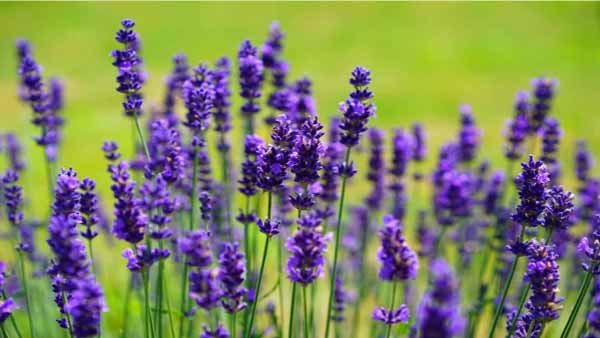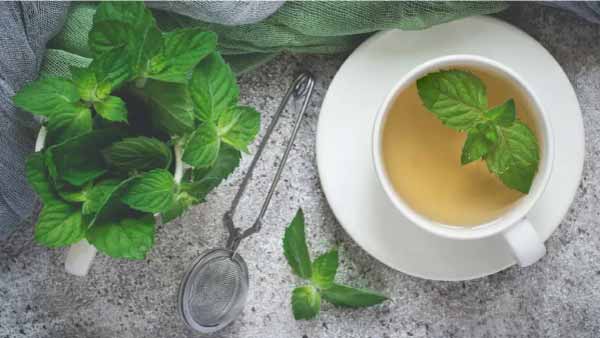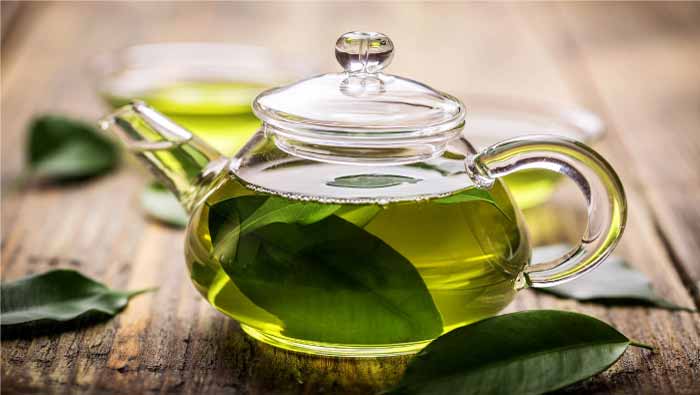Lavender is a very popular aromatic plant due to its relaxing fragrance and multiple health benefits. Below are some of the main benefits of lavender:
Relaxing properties
Lavender is known for its relaxing properties, which is why it is commonly used in aromatherapy and other treatments to relieve stress and anxiety. Some of the relaxing properties of lavender include:
Reduces anxiety: Studies have shown that the scent of lavender can reduce anxiety and stress. Lavender essential oil can be applied directly to the skin or inhaled for its relaxing benefits.
Improves sleep: Lavender is known for its sedative properties that can help you fall asleep and improve sleep quality. The scent of lavender has been shown to reduce the time it takes to fall asleep and increase the amount of time spent in the deep phase of sleep.
Relieves muscle tension: Lavender has relaxing properties that can help relieve muscle tension and reduce spasms.
Reduces stress: Lavender is known for its calming properties and can help reduce stress levels and improve mood.
Improves mood: Lavender has antidepressant properties that can help improve mood and reduce symptoms of depression.
Overall, lavender is a plant that can help relieve tension, stress, and anxiety, making it a great choice for those looking for a natural solution to these problems.
Pain relief
Lavender has analgesic and anti-inflammatory properties that can help relieve pain. Some of the benefits of lavender for pain relief include:
Relieves headache: Lavender can help relieve headache pain and reduce the frequency and intensity of headaches.
Relieves muscle pain: Lavender has relaxing properties that can help relieve muscle pain and reduce inflammation.
Lavender relieves joint pain: Lavender can be helpful in relieving joint pain, especially in cases of arthritis.
Relieves menstrual pain: Lavender can be helpful in relieving menstrual pain and reducing cramping.
Relieves back pain: Lavender can help relieve back pain, especially when used in combination with other treatments.
It is important to note that while lavender may be helpful in relieving pain, it should not be used as a sole treatment for serious medical conditions. If you experience chronic or severe pain, always consult with a healthcare professional for proper diagnosis and treatment.
Improves sleep quality
Lavender is known for its sedative and relaxing properties, making it a popular choice for improving sleep quality. Some of the benefits of lavender for sleep quality include:
Helps you fall asleep: Lavender can help you fall asleep more quickly and reduce the time it takes to fall asleep.
Increases the amount of deep sleep: Lavender can help increase the amount of time spent in the deep phase of sleep, which is important for physical and mental recovery.
Reduces nighttime awakenings: Lavender can help reduce nighttime awakenings and improve overall sleep quality.
Improves sleep quality in older people: Lavender has been shown to be effective in improving sleep quality in older people, which may be especially important for improving health and well-being in this population.
It is important to note that lavender is not a miracle cure for insomnia or any other sleep disorder. If you experience chronic or severe sleep problems, it is important to consult a healthcare professional for proper diagnosis and treatment. Also, while lavender is generally safe, it is always advisable to perform a skin test before using any lavender essential oil and use it as directed.
Acne treatment
Lavender has antibacterial and anti-inflammatory properties that may be helpful in treating acne. Some of the benefits of lavender for acne treatment include:
Reduces inflammation: Lavender has anti-inflammatory properties that can help reduce inflammation associated with acne.
Kills bacteria: Lavender has antibacterial properties that can help kill acne-causing bacteria.
Regulates sebum production: Lavender can help regulate sebum production in the skin, which can reduce the number of clogged pores and thus reduce the appearance of acne.
Soothes irritation: Lavender can help relieve irritation and itching associated with acne, which can reduce the temptation to scratch or touch pimples and worsen the condition.
It’s important to note that while lavender can be helpful in treating acne, it’s not a silver bullet for this condition. Acne can be caused by many different factors and may require more thorough treatment to completely resolve. If chronic or severe acne is experienced, it is always advisable to consult a dermatologist for proper diagnosis and treatment.
Improves digestion
Lavender may have some benefits for improving digestion. Some of these benefits include:
Reduces stress: Lavender has relaxing properties that can help reduce stress and anxiety, which can improve digestion.
Relieves spasms: Lavender can help relieve intestinal spasms and reduce the feeling of bloating, which can improve digestion.
Increases bile secretion: Lavender can increase bile secretion, which aids in the digestion of fats.
Improves intestinal motility: Lavender can improve intestinal motility, which can help move food through the digestive system more efficiently.
It is important to note that while lavender may be helpful in improving digestion, it should not be used as a sole treatment for serious medical conditions. If you experience chronic or intense digestive problems, always consult with a healthcare professional for proper diagnosis and treatment. In addition, excessive consumption of lavender can have side effects, such as nausea and vomiting, so it is always advisable to use it in moderation and as directed.
Antifungal properties
Lavender has antifungal properties that may be beneficial for treating some fungal infections. Some of the benefits of lavender to fight yeast infections include:
Kills fungi: Lavender has natural compounds that can kill fungi and help prevent their growth.
Relieves inflammation: Lavender has anti-inflammatory properties that can help reduce inflammation caused by fungal infections.
Reduces itching: Lavender can help reduce itching and irritation caused by fungal infections, which can help relieve discomfort.
Prevents the spread of infection: Lavender can help prevent the spread of yeast infection to other areas of the body.
It is important to note that while lavender may be helpful in fighting some yeast infections, it should not be used as a sole treatment for serious medical conditions. If you experience chronic or severe fungal infections, always consult with a healthcare professional for proper diagnosis and treatment. In addition, excessive use of lavender essential oils can have side effects, so it is always advisable to use it in moderation and as directed.
Muscle tension relief
Lavender is known for its relaxing properties and may be beneficial in relieving muscle tension. Some of the benefits of lavender for relieving muscle tension include:
Reduces inflammation: Lavender has anti-inflammatory properties that can help reduce inflammation in the muscles, which can relieve muscle tension.
Relieves pain: Lavender has analgesic properties that can help reduce pain associated with muscle tension.
Promotes relaxation: Lavender has relaxing properties that can help reduce muscle tension and promote overall relaxation.
Improves sleep: Lavender can help improve sleep quality, which can be beneficial in reducing muscle tension.
It’s important to note that while lavender can be helpful in relieving muscle tension, it’s not a silver bullet for this condition. If chronic or severe muscle tension is experienced, it is always advisable to consult a healthcare professional for proper diagnosis and treatment. In addition, excessive use of lavender essential oils can have side effects, so it is always advisable to use it in moderation and as directed.
How to use
Lavender can be used in various ways, depending on the benefit you want to obtain. Some of the most common forms of use include:
Lavender essential oil: Lavender essential oil is one of the most common and popular products of this plant. It can be used in aromatherapy, in massage by diluting it in carrier oil, in relaxing baths or even on a pillow to help improve sleep quality.
Lavender tea: Lavender tea is brewed with dried flowers and can be consumed for benefits such as stress and anxiety relief.
Lavender baths: Adding lavender flowers to a warm bath can be a relaxing way to enjoy its benefits. In addition, lavender-based bath salts can be added to enhance the relaxing effect.
Topical use: Lavender can also be applied directly to the skin to treat conditions such as acne and fungal infections. Lavender essential oils diluted in carrier oils such as jojoba or almond can be used.
It is important to note that while lavender is generally safe, some individuals may experience allergic reactions or skin irritation. In addition, lavender essential oils should not be ingested without the supervision of a healthcare professional. It is always advisable to use lavender sparingly and as instructed.
In short, lavender is a versatile and useful plant that can have multiple health benefits. However, it is important to note that lavender is not suitable for everyone and that a healthcare professional should always be consulted before using it to treat any medical condition.


